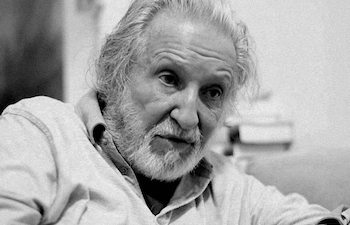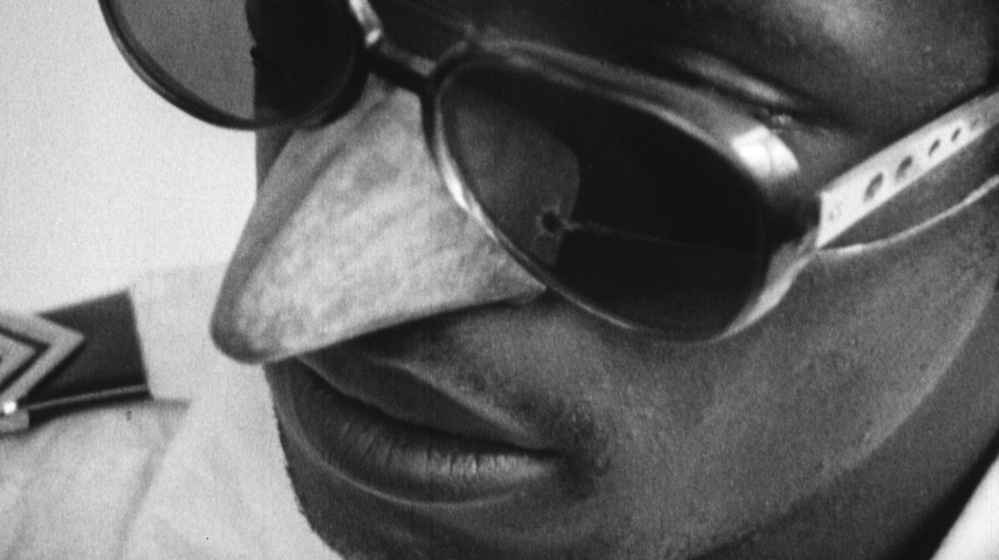Maputo (Mozambique), 1931.
He was a film critic at his native country, but he inserted himself in an European context, because he traveled to France to study at the Institut des Hautes Études Cinématographiques (IDHEC) of Paris, and worked as assistant of French directors as Jean Delannoy and George Rouquier, among others. Later he moved to Brazil, where most of his main films were made.
Transferred from the European context to the Brazilian one, Ruy Guerra added to the Cinema Novo neorealist aesthetics the film experience of the French New Wave, mainly in regard to the pessimism and sublimated personal frustration but also in respect to formal aspects, as the sequence shot and the use of the Cinema Verité. Ruy Guerra bets for a discontinuous narrative, departs from limitations imposed by the traditional genres, and uses sociological, ethnographic and aesthetic codes to represent stories that are an invitation to reflect on history and politics, army and religion, power and class relations. Os cafajestes (1962) and mainly Los fusiles (1964), awarded at Berlin, consecrated him as one of the essential author of the New Latin American Cinema. The filmmaker is still consecrated to cinema and he also writes theater plays, a weekly chronicle in the newspaper O Estado de Sao Paulo, and gives film courses at different Brazilian and foreign universities.
(Source: http://cinelatinoamericano.org/versionfc.aspx?cod=17)


